Learning to relax
Moving to Austria seems to result in a positive shift for most people’s work-life balance.
Angie Trask, who moved to Vienna from the UK a year ago, has noticed that the approach to holidays and relaxation is quite different.
“Many Viennese businesses are closed during the whole of August and weekends begin for many on a Friday when work is finished early and they escape to the lakes where the air is fresher.”
“Shopping hours are also restricted – and I still can’t get used to the Sunday closures! I came to Vienna on my honeymoon and I’ll always retain this image of Vienna being full of people sipping Aperol spritzer in the late afternoon – the glint of orange everywhere. That welcoming attitude to down tools and just chill is refreshing. Am I more relaxed? I’m working on it”.
Maddy French, a freelance journalist from the UK, agrees. “Generally my lifestyle is much more laid back in Austria. I have a more relaxed attitude towards working hours. I have learnt to live life a bit slower and now spend more time on leisure activities, particularly in the summer when it’s possible to go wild swimming for free in the lakes.”
Appreciation for quality food
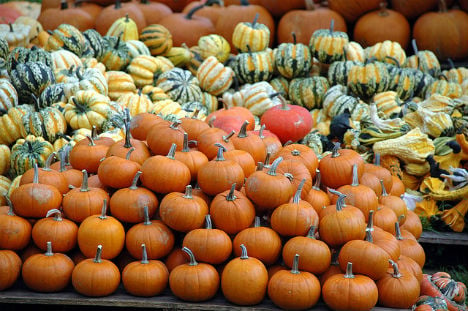
Photo: Tania Ho/Flickr
The quality of food in Austria is generally very good, and supermarkets and grocery shops tend to stock an abundance of local, organic and seasonal foods – asparagus in the spring, strawberries in the summer, apples and pumpkins in autumn.
“Organic foods are not only common, but lower priced by comparison than in Canada,” Canadian expat Suzanne Campbell told The Local.
“The food quality is really excellent overall and I trust in the quality of all edibles that come from Austria, more than at home, where the factories are bigger and businesses more impersonal. They even have the farmer’s name on the meat and eggs here! I also really enjoy the regional specialities – like pumpkin seed oil, or Käferbohnen (which are really the size of beetles!) The country has a nice rhythm of seasonal foods which it specializes in too, like Sturm (fermented freshly pressed grape juice), which is only around for a few weeks of the year.”
Fitter, happier, more productive
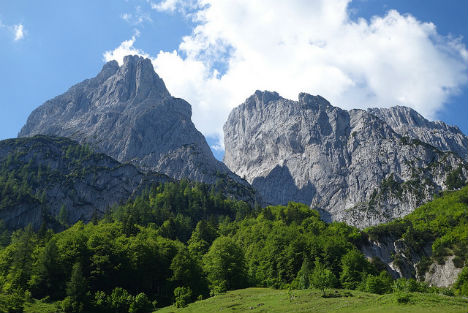
Mountains are for climbing… Photo: Griesneralm.com
Elaine Reed Milman is from the US and says that she loves not having to be reliant on a car in Austria.
“I spent countless hours stuck in traffic jams in Miami every single day. All in all I feel that my life here is much healthier – I eat less processed food, I walk more, I drink lots of water instead of soda, and I got rid of my television.”
Suzanne from Canada also says that she bikes and walks more when she’s in Austria.
“I start to gain weight when I’m back in Canada for more than a month because it is not so walk-friendly! I bike to work on nice days here and have direct bike paths to the office that are not on roads… the bike paths in Vienna are excellent and the nice weather lasts longer.” And then, of course, there’s skiing in the winter.
Good working conditions

Vienna International Center. Photo: Kiefer/Flickr
Many expats say that being freelance or self-employed can feel precarious, but once you get a coveted Angestellt (permanent) contract the conditions become much better. Malcolm Uzzell, from the UK, works in Vienna and thinks the work culture is better in Austria.
“I seem to get more bonuses and perks working here and it feels like the unions are directly behind the workers. The double payment system in the summer and at Christmas is also a great idea and I think for all of these reasons I actually look forward to going to work.”
And taking a full hour lunch break, away from your desk, is par for the course in most offices, rather than a rushed 15 minutes buying a supermarket sandwich to eat at your computer.
Take a train not a plane
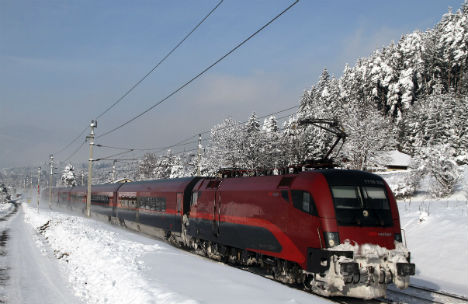
Photo: ÖBB Railjet
Living in Austria, bang in the middle of Europe, makes it possible to avoid planes for many trips abroad and stick to trains. Whilst going on holiday to Europe from the UK means you are pretty much obliged to get on a plane, Austria offers a far more relaxed version.
With Budapest and Prague just a few hours away from Vienna, and Munich, Zurich and Venice all reachable by train, why spend time waiting in queues at the airport and being squeezed into a tiny plane seat?
Views of stunning mountains and lush alpine meadows will entertain you as you sit in the restaurant car of one of Austria’s fast and efficient ÖBB Railjet trains, smug in the knowledge that you’re also being kind to the environment. And you can save up to 50 percent on ticket prices with an ÖBB Vorteilscard.
NOTE: A version of this article first appeared on The Local Austria in October 2015.

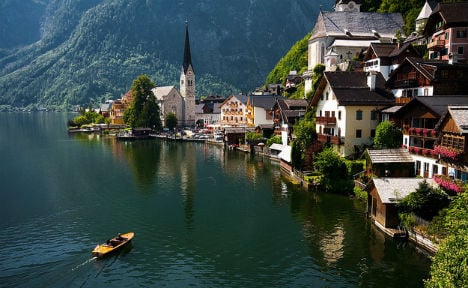
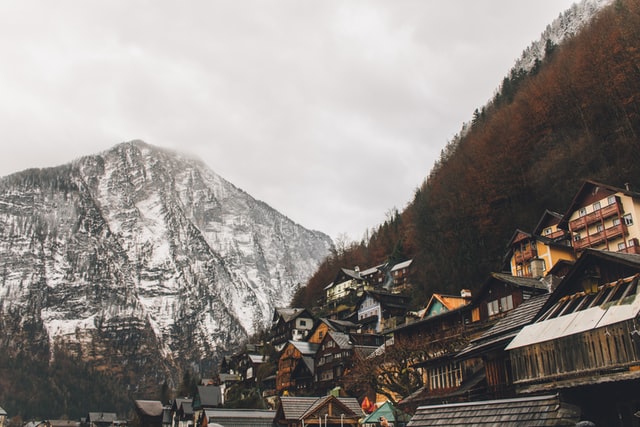
 Please whitelist us to continue reading.
Please whitelist us to continue reading.
Member comments